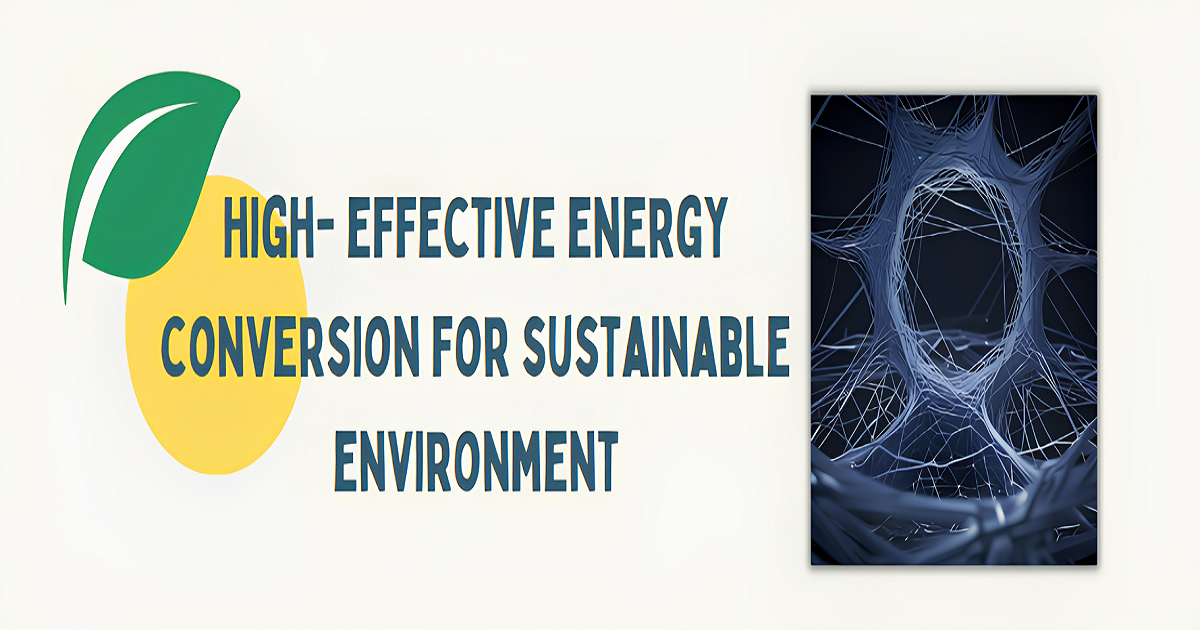- 2.8Impact Factor
- 5.5CiteScore
- 16 daysTime to First Decision
High-Effective Energy Conversion for Sustainable Environment
This special issue belongs to the section “Sustainable Processes“.
Special Issue Information
Dear Colleagues,
Energy conversion and environmental sustainability are two interdependent concepts with closely related challenges. The transition to a sustainable future relies on innovative materials and processes to optimize energy conversion. Developing smart materials, advanced semiconductors, sustainable catalysts, and efficient storage solutions, improves energy efficiency while reducing environmental impact. Contemporary processes, such as optimized electrolysis or CO2 capture and conversion techniques, promote the production of clean energy from renewable sources. These technologies support the decarbonization of industrial sectors, transportation, and energy networks while ensuring sustainable resource management.
This Special Issue highlights innovations in materials and processes, emphasizing their role in creating resilient and environmentally friendly energy systems. Key areas include heterogeneous catalysis for renewable energy, with an emphasis on materials and processes that support hydrogen evolution, CO2 conversion, and biofuel production. In addition, we aim to focus on photocatalysis and electrocatalysis, enabling solar-driven and electrochemical reactions to transform energy storage and conversion processes.
Challenges, such as cost optimization and scalability, will also be explored. By combining interdisciplinary research and practical solutions, these advances pave the way for a green economy, where energy efficiency and sustainability are central to comprehensive strategies for a carbon-neutral future.
Manuscripts that will be prioritized for this Special Issue include research articles and critical reviews that align with its scope.
Dr. Jamil Toyir
Guest Editor
Manuscript Submission Information
Manuscripts should be submitted online at www.mdpi.com by registering and logging in to this website. Once you are registered, click here to go to the submission form. Manuscripts can be submitted until the deadline. All submissions that pass pre-check are peer-reviewed. Accepted papers will be published continuously in the journal (as soon as accepted) and will be listed together on the special issue website. Research articles, review articles as well as short communications are invited. For planned papers, a title and short abstract (about 250 words) can be sent to the Editorial Office for assessment.
Submitted manuscripts should not have been published previously, nor be under consideration for publication elsewhere (except conference proceedings papers). All manuscripts are thoroughly refereed through a single-blind peer-review process. A guide for authors and other relevant information for submission of manuscripts is available on the Instructions for Authors page. Processes is an international peer-reviewed open access semimonthly journal published by MDPI.
Please visit the Instructions for Authors page before submitting a manuscript. The Article Processing Charge (APC) for publication in this open access journal is 2400 CHF (Swiss Francs). Submitted papers should be well formatted and use good English. Authors may use MDPI's English editing service prior to publication or during author revisions.
Keywords
- materials
- processes
- energy efficiency
- decarbonization
- renewable energies
- sustainable environment
- carbon neutrality

Benefits of Publishing in a Special Issue
- Ease of navigation: Grouping papers by topic helps scholars navigate broad scope journals more efficiently.
- Greater discoverability: Special Issues support the reach and impact of scientific research. Articles in Special Issues are more discoverable and cited more frequently.
- Expansion of research network: Special Issues facilitate connections among authors, fostering scientific collaborations.
- External promotion: Articles in Special Issues are often promoted through the journal's social media, increasing their visibility.
- e-Book format: Special Issues with more than 10 articles can be published as dedicated e-books, ensuring wide and rapid dissemination.

